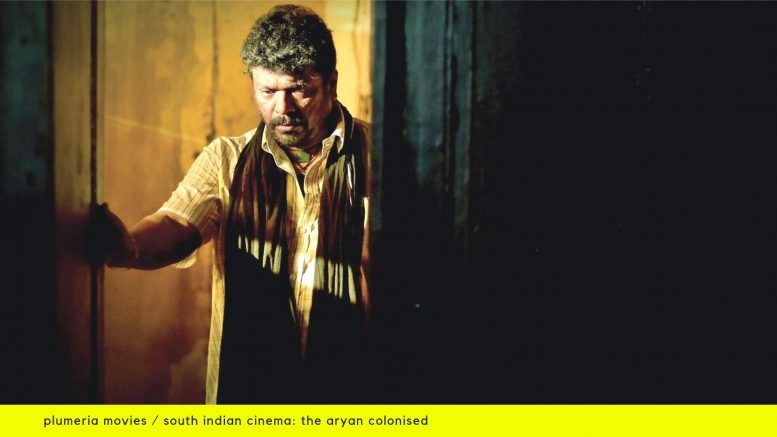In the second attempt at a one-actor genre in South Indian cinema, legendary actors like Amitabh Bachchan, Rajnikanth, Kamal Hassan, Mohanlal, Mammootty, and others recommended Parthiban’s movie for the Oscars. However, the film wasn’t considered for India’s Oscar nomination, raising questions about the criteria for awards. The scenario prompts reflection on whether the focus has shifted from performance and artistic quality to other factors, posing a potential threat to the diversity of South Indian cinema.
Vicky Kaushal received the National award for best actor for his role in Uri, the Surgical Strike. However, notable performances like Mammootty’s in Peranbu were overlooked, questioning the evolving criteria for awards and the recognition of talent, especially in the southern film industry.
Literature and Cultural Activities
In the virtual world, numerous communities and groups advocate for women’s empowerment and protest against caste-centric regional discrimination in various fields, including cinema, art, and literature. Despite these efforts, there appears to be a gap between advocating for change and actively working to combat these issues. The cultural activities in South India, celebrated for their creativity and artistic richness, reveal a paradox of being labeled uncivilized based on skin color while simultaneously being acknowledged as artistic intellectuals.
South India, referred to as the land of Dravidians, has been a fertile ground for literature and film festivals that facilitate productive discussions on art and cinema. However, recent instances, like the Pondicherry Literature Festival’s speaker list lacking representation from the South, raise concerns. The absence of established writers and artists from the region diminishes the diversity and depth of discussions, as experienced voices from the South are essential contributors to literature festivals.
Writers and Artists From South India
The list of speakers for the Pondicherry Literature Festival, lacking representation from the South, is disheartening. Renowned figures like Perumal Murugan, Meena Kandasamy, MT Vasudevan Nair, and Leela Samson, who hail from the South, are notable absentees. The imbalance becomes more apparent when young writers or speakers from unrelated fields dominate the roster. The politics of representation and selection come into play, reflecting a bias towards North Indian speakers, often emphasizing looks and fair complexion over artistic merit.
This raises critical questions about the values attributed to art and whether artistic expression itself is overshadowed by superficial considerations. The challenge extends beyond literature festivals to encompass a broader societal trend where uniformity and conformity take precedence over diversity and authenticity.
Identity and Cultural Diversity
This trend manifests in various aspects, including the push for Hindi as the official language, the dominance of mainstream Hindi cinema in National awards, and the lack of South Indian representation at events like the Pondicherry Literature Festival. The selective acknowledgment of artistic achievements based on regional and aesthetic biases threatens the rich cultural diversity of our nation.
Asking these questions often leads to dismissive responses, such as claiming a lack of worthy South Indian films for Oscar consideration. The oversight of outstanding performances, like Mammootty’s in “Peranbu,” at both regional and national levels raises concerns about the erasure of the South from the national scene.
The larger issue at hand is whether we are gradually being marginalized based on our color and origins, potentially erasing the South from the national narrative. As a diverse nation, there is a risk of succumbing to a perilous uniformity, where cinema, literature, and art only reflect the voice of the majority. This poses a threat to our unique identity and demands our collective attention. Preserving our rich cultural diversity is crucial, and we must resist falling prey to pseudo-nationalistic ideals. India should embrace its diversity rather than transforming into a homogenous entity reminiscent of North Korea, where enforced unity dictates the narrative.

A traveller at heart, writing is my art. Love is my God and this world is my home. Music is the drug and Cinema is the flame.


Be the first to comment on "South Indian Cinema: The Aryan Colonised | Anjali Chakkoth"